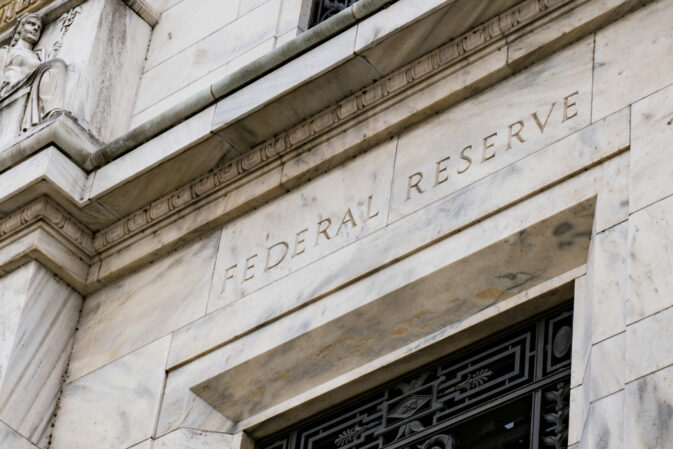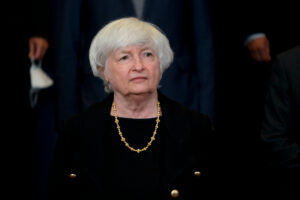Inflation fight moves to Congress as bank failures limit Federal Reserve

One major consequence of the Silicon Valley Bank (SVB) and Signature Bank failures is that the fight against historic inflation will shift primarily to Congress from the Federal Reserve.
The recent banking turmoil has curtailed the Fed’s ability to meaningfully hike interest rates to tame high inflation. Additional rate increases would further devalue the Treasury bonds on banks’ balance sheets, risking more SVB-style bank runs. Bond yields have recently fallen to reflect this new reality.
Yet historic inflation due to the trillions of dollars the Biden administration and congressional Democrats injected into the economy over the past two years remains a serious problem. Last week, the Bureau of Labor Statistics announced that the Consumer Price Index increased by 6 percent — three times the Fed’s target rate. Core inflation, excluding food and energy prices, actually rose on a monthly basis.
With the Fed largely sidelined, Congress must step into the breach on the inflation battle by passing fiscally-responsible, pro-growth policy. Unfortunately, President Biden’s recently proposed budget, backed by congressional Democrats, would only fuel the inflationary fire.
Biden’s budget includes $2.6 trillion in new spending that would further dilute the currency. It calls for $4.7 trillion in new taxes, including painful new levies on small businesses. It would raise the deficit from $1.4 trillion in 2022 to $1.6 trillion in 2023 and $1.8 trillion in 2024. The total deficit would increase by $17 trillion over 10 years.
Fortunately, Biden’s budget appears to be dead on arrival in the Republican-led House of Representatives. In its place, Congress should pass commonsense policy along the lines of the Job Creators Network’s American Small Business Prosperity Plan to slay inflation.
In contrast to Biden’s budget, this plan would end deficit spending — turning off the government money spigot that bids up prices throughout the economy.
The plan also would exempt small businesses from new federal regulations, a provision essential to contain the potential policy response to the banking crisis. Congressional Democrats, led by Sen. Elizabeth Warren (D-Mass.), are demanding new banking regulations. “What we need to do right now, here in Congress,” said Warren on CNBC, is to put “tougher constraints” on banks and “tell the regulators to toughen up against banks.”





